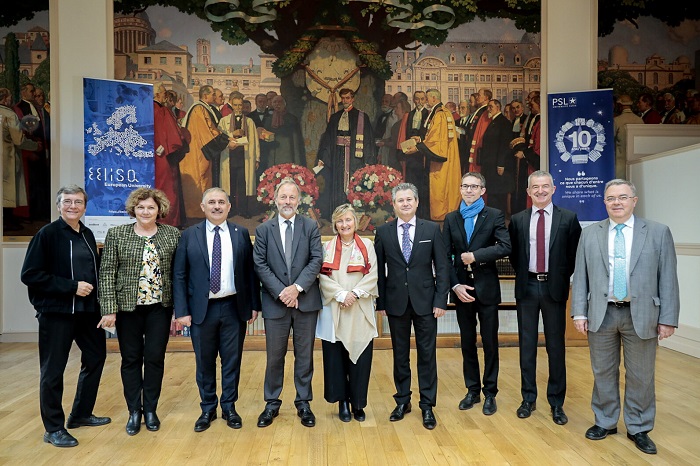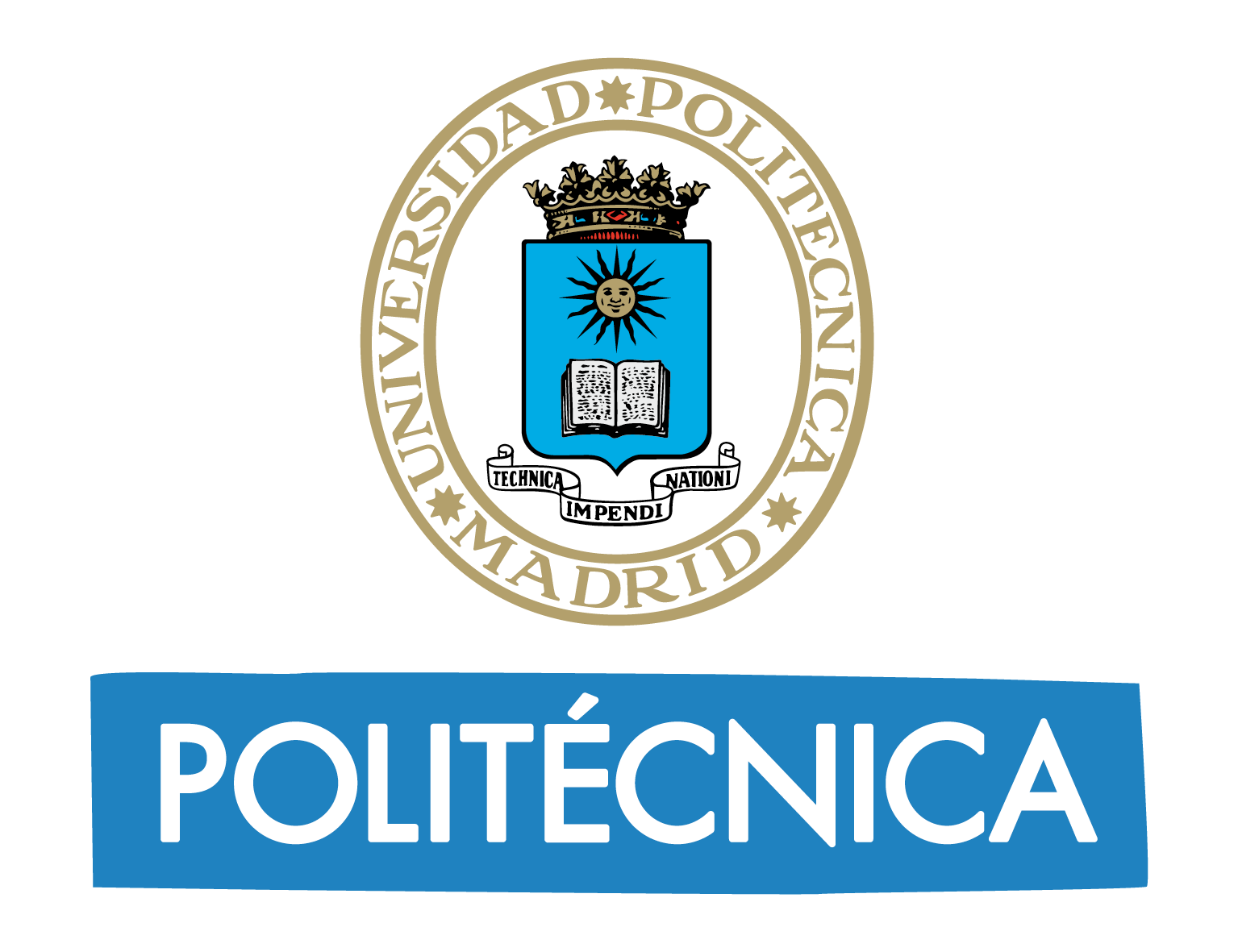An enlarged consortium with a commitment to a sustainable long-term alliance amid the outcomes of the latest EELISA Governing Board meeting
This meeting has consolidated the strategy followed by the European Engineering Learning Innovation and Science Alliance (EELISA) for the next period of Erasmus+ funding (2023-27).
There are moments in the life of every institution that mark a before and an after. For EELISA, after the first meetings that paved the way to its foundation, the gathering held at Université Paris Sciences et Lettres and École des Ponts ParisTech on 14-15 November 2022 is one of them. This was expressed by most attendees of this important meeting that has consolidated the strategy of EELISA for the next period of Erasmus+ funding (2023-27).
This meeting was attended by Anthony Briant, Director of l’École des Ponts ParisTech; Alain Fuchs, President of Université Paris Sciences et Lettres; Sabina Nuti, Rector of Scuola Superiore Sant’Anna; Christian Lerminiaux, Director of Chimie ParisTech; Fabio Beltram in representation of Luigi Ambrosio, Director of the Scuola Normale Superiore; Ismail Koyuncu, Rector of Istanbul Teknik Üniversitesi; Guillermo Cisneros, Rector of Universidad Politécnica de Madrid; Mihnea Costoiu, Rector of Universitatea Politehnica din București; Emília Csiszár Koczkáné, Vice-Rector for International Affairs in the representation of the Rector of Budapest University of Technology and Economics Tibor Czigány, and Kathrin Möslein, Vice President of Outreach in the representation of Joachim Hornegger, President of Friedrich-Alexander-Universität Erlangen-Nürnberg.

The gathering also counted on the valuable presence of EELISA Executive Director Sofia D’Aguiar, EELISA President Dale A. Martin, EELISA Coordinator, Alberto Garrido, external collaborators Wendy Purcell (Harvard University) and Jose Carlos Quadrado (Associate Partner ENAEE), as well as representatives of EELISA faculty & researchers, Laura Trapiella-Alfonso, non-academic staff, Behzat Şentürk and students Julie Kleinhans, Judith Wahl and Bendegúz Papp.
Attendees engaged in fruitful discussions on how to become an alliance beyond the project scope and what shared and sustainable structures should be implemented so that the stakeholders of each one of the member universities benefit equally from the network.
During this meeting, the EELISA Governing Board has also defined new priorities and goals for Phase 2. All agreed that EELISA will need to mobilise all missions of HEIs, looking for excellence in education, research, innovation, and service to society, encouraging employability and entrepreneurship. The strengthening of EELISA Communities, emphasis on Lifelong Learning, a sustainability strategy through joint research projects and engagement with external stakeholders, the inclusion of social sciences and humanities and a memorable baseline that sticks in the reviewer’s mind have been identified as key elements of the EELISA strategy for Phase 2. The Board also outlined a list of specific strategic goals and emphasized the importance of extending the alliance to new members as a way to increase EELISA’s impact and capacity within and outside Europe.
Read the full note on the outcomes of the EELISA Governing Board meeting here.
</</body>
</</body>


